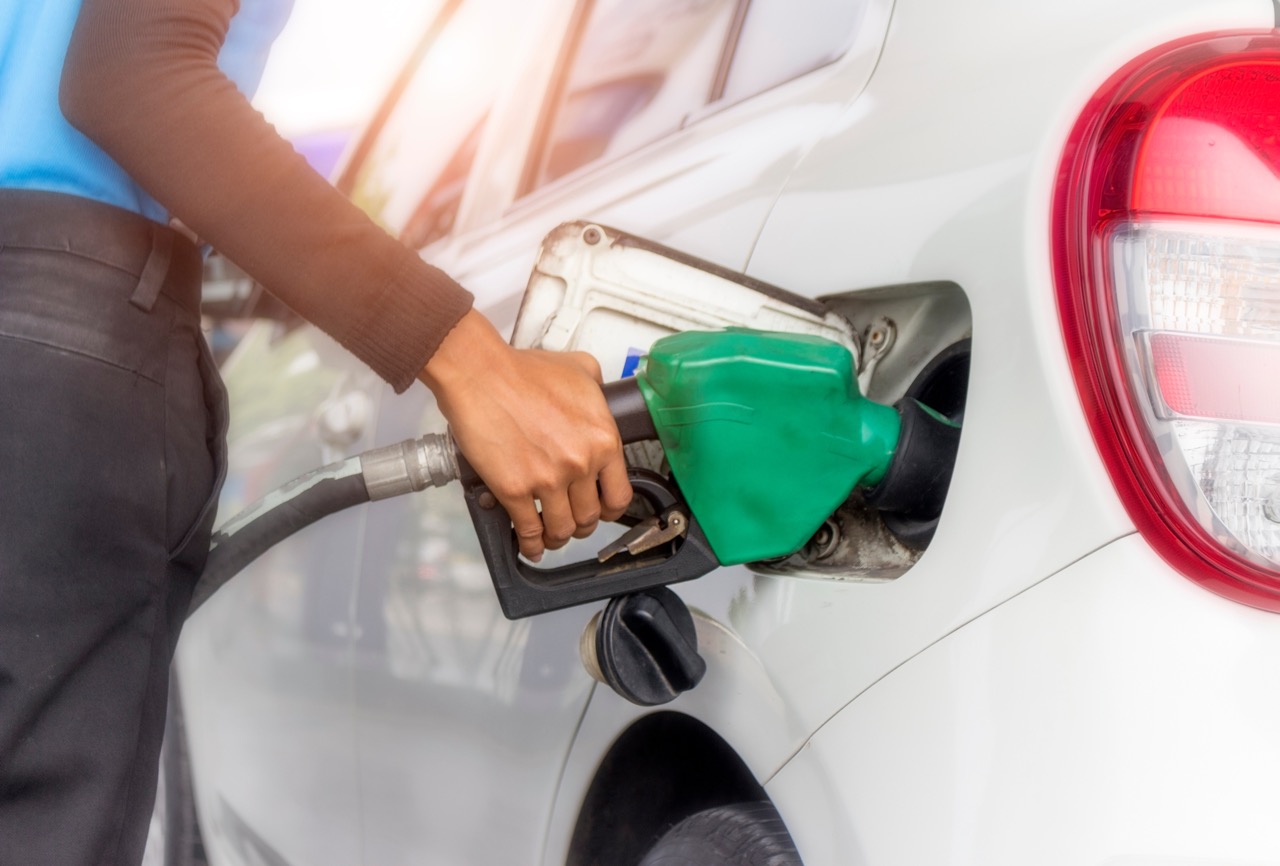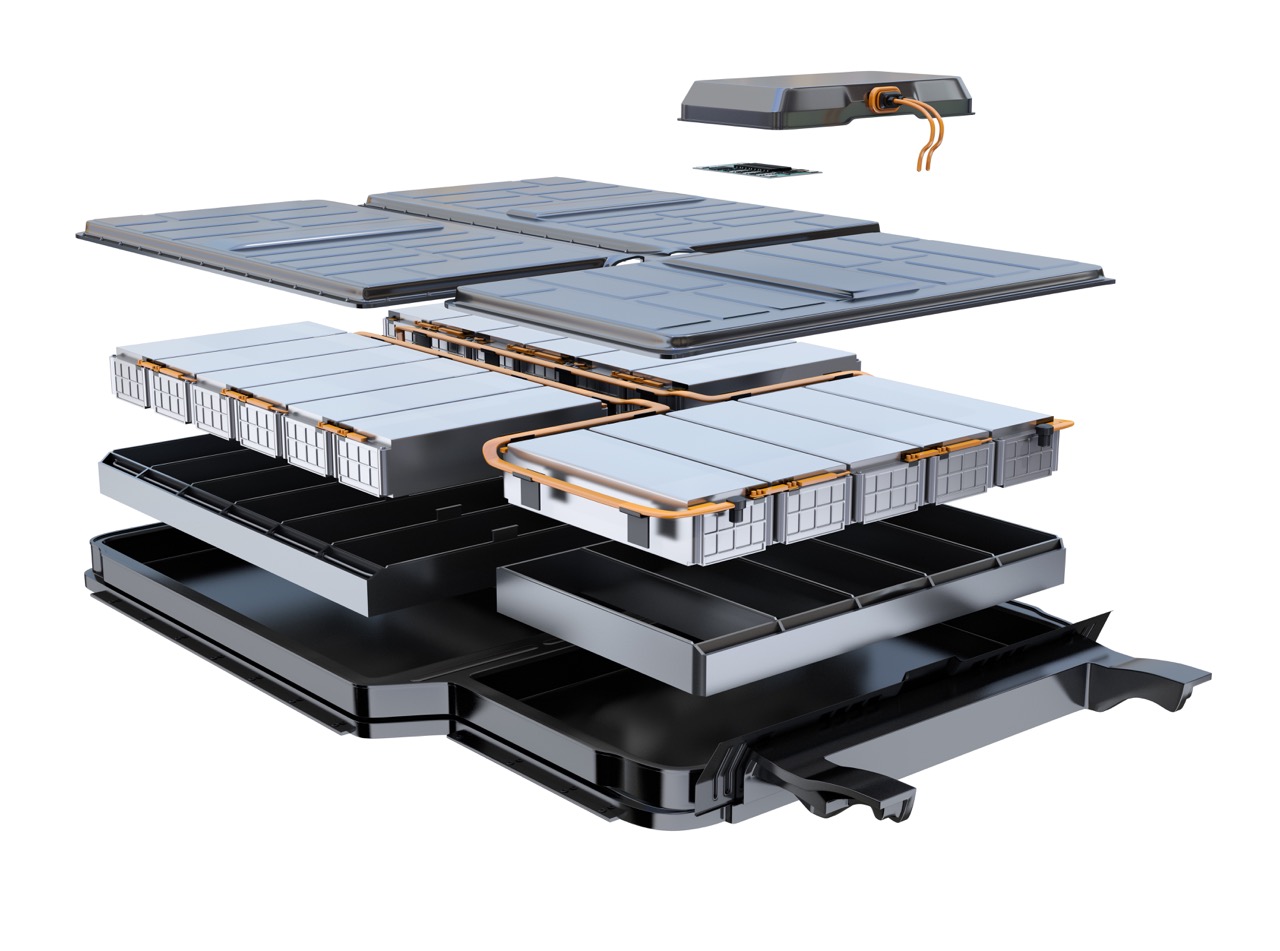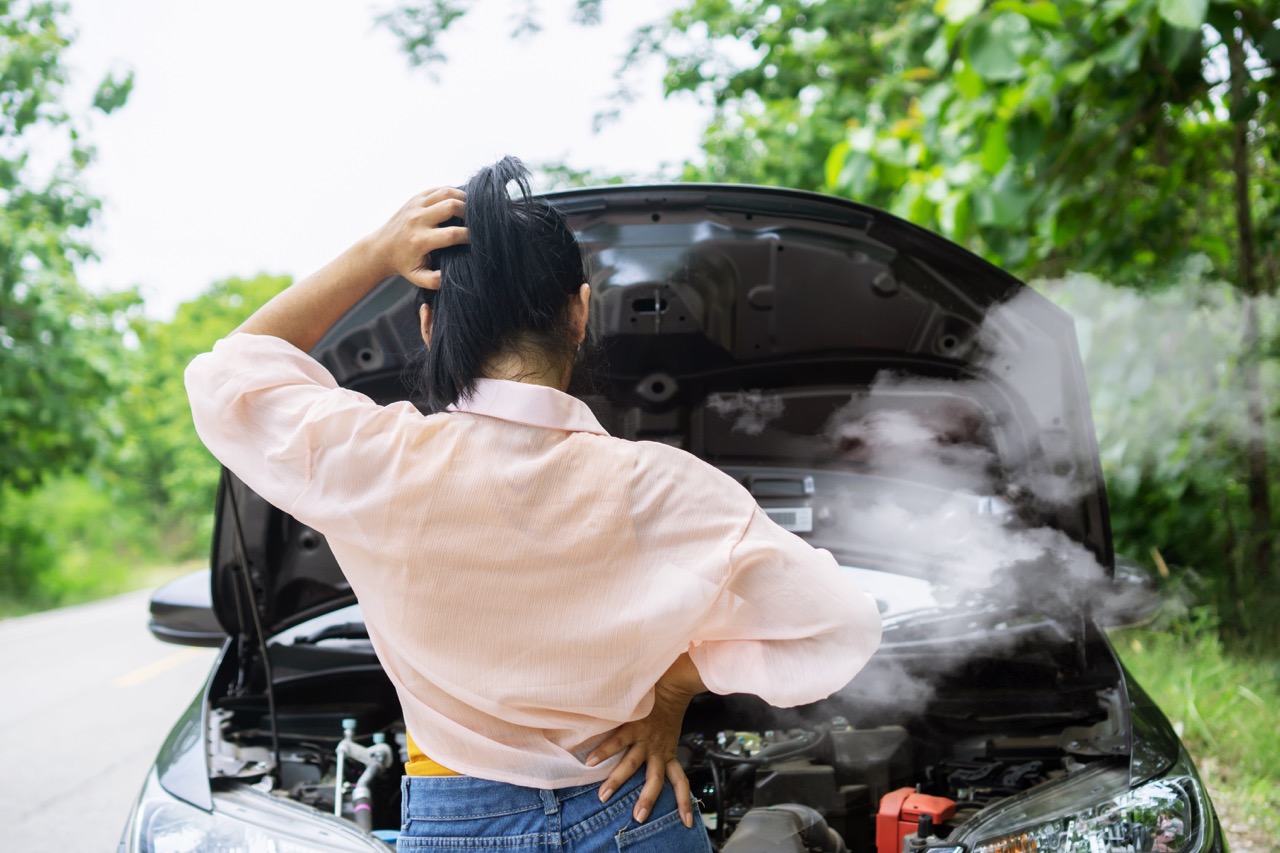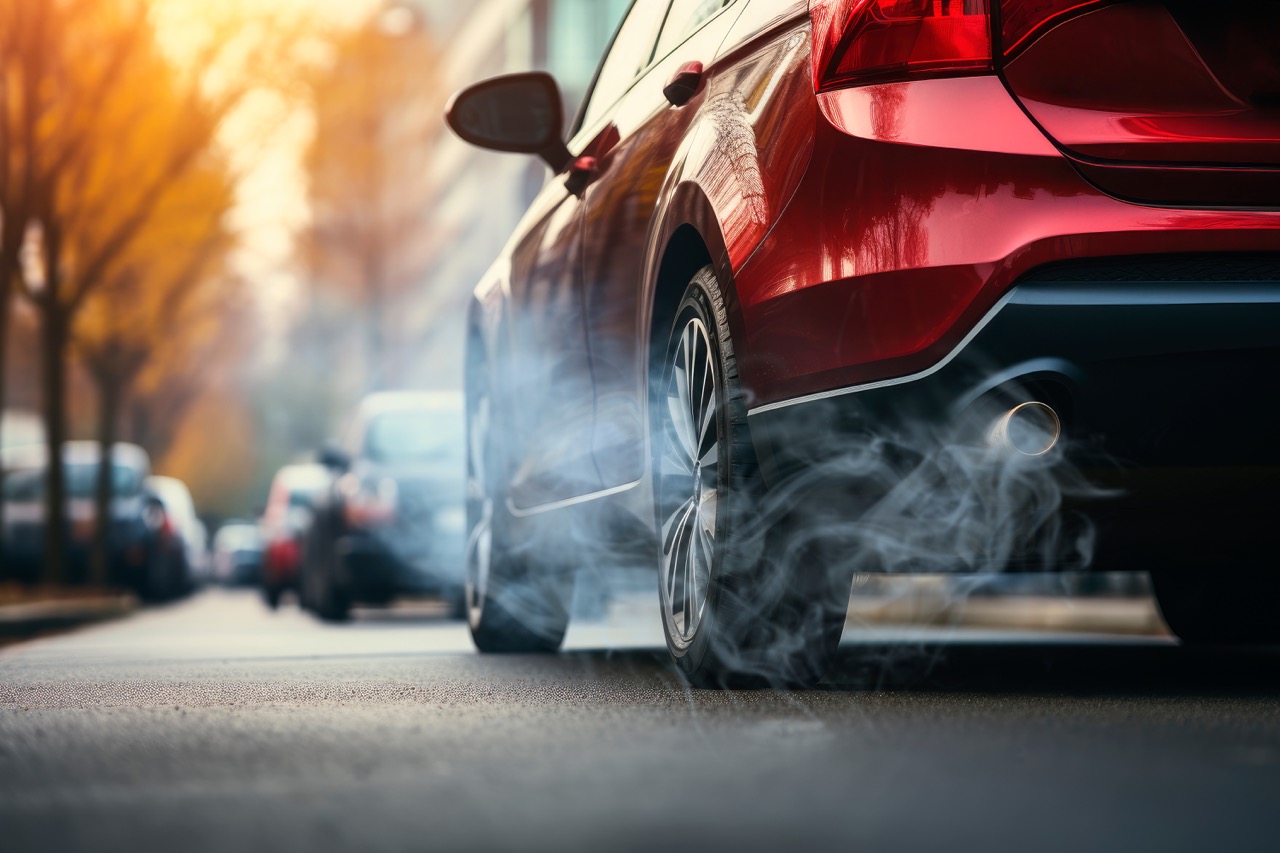
Old habits die hard, but it may be the key to getting better fuel economy from your vehicle.
Change the Way You Drive
If there was ever a time to make a gallon of fuel last longer, it’s now! Here are some tips from Master Muffler Provo for improving your vehicle’s fuel economy, whether you’re pumping gasoline or diesel.
Stop “Warming Up” the Car
Did you know the engine isn’t warming up when you let it idle in the driveway? The best way to save on fuel and to get the engine warm is to turn the ignition and just drive. According to AAA, every hour a car idles, it can consume up to half a gallon of gasoline. It’s much more fuel-efficient to turn the car off and on when you need to make a stop, whether it’s while sitting in a drive-thru or parking curbside to pick up the kids at school.
You can also save on fuel consumption by combining your errands and making fewer short trips around town. Be aware of your route and find ways you can avoid stopping unnecessarily.
Be Less Aggressive
While driving, are you prone to slamming on your brakes or accelerating rapidly? Doing so reduces fuel economy. If you drive with a lead foot, consider dialing it back and bit and being more mindful when speeding up and coming to a stop. Of course, you may need to react quickly to circumstances on the road around you but, overall, it’s better to ease up on the aggressive driving habits to conserve fuel.
Let Go of the Need for Speed
Many vehicles are designed to burn fuel most efficiently at speeds slower than 50 miles per hour. Barreling down the highway at 70 or 80 mph can reduce fuel economy by up to 14%. If you’re driving on relatively flat roads, using cruise control can actually help conserve fuel since acceleration is what consumes fuel the most. However, if you’re winding your way through a canyon or traffic, it’s best to manually control your speed.
AVOID TOLL ROADS
In Utah, toll roads aren’t abundant. However, if you find yourself on Adams Avenue Parkway in Weber County, you’re going to have to stop your vehicle at some point to pay a toll.
In other parts of the country, such as the East Coast, toll roads are common, and your fuel efficiency will suffer thanks to routine intervals of stopping to pay tolls at a booth. If you can, avoid toll roads completely or use E-ZPasses to pay electronically without stopping.
Cool Off Old-School Style
Air conditioning is really great, but it does affect fuel economy. If you can tolerate it, roll down the windows to keep cool while driving. To help make this feasible, park your car in the shade as often as you can so you’re not tempted to crank the AC as soon as you get in. If you think your AC could be working better, contact Master Muffler Provo for analysis; we can recharge your AC to get it working more efficiently when you do use it.
Drop the Extra Weight
If you store everything but the kitchen sink in the car, it’s time to empty it out to save on fuel. The smaller the car, to more it is affected by extra weight rolling around in the trunk or backseat. Do yourself a favor and don’t put those donation items into your car until you’re really on your way to drop them off! If you have a roof rack on your vehicle, be sure to remove it when you’re not road tripping or heading up to the ski slopes.
Use the Right Motor Oil
While it may be more expensive to use synthetic motor oil if your car requires it, it’s worth the extra cost. Otherwise, you could be losing money by reducing your fuel economy and causing excessive wear in the engine.
Use the Right Fuel
Along those same lines, it may cost more at the pump to put the right octane in your tank, but it’s worth it. The wrong fuel can reduce how efficiently your engine produces power, which affects fuel economy. You may hear some engine knocking if you use lower octane than what’s recommended, so be sure you’re pumping what your manual suggests.
Keep the Tires Inflated
Your tires can have a big impact on fuel economy. Underinflated tires don’t perform efficiently, creating extra resistance that makes your vehicle work harder to accelerate, maneuver, and stop. Be sure you’re visually inspecting your tires for inflation, and that you routinely check PSI if they seem off.
Change Filters
Engines need air for the combustion process, whether they’re gasoline- or diesel-powered. To help the engine perform at its best, make sure you’re regularly checking the air filter under the hood. It may not make a big difference in newer cars, but older vehicles definitely benefit from an unclogged filter.
Regular maintenance of any kind can help improve your vehicle’s fuel economy. Ensuring that all systems are operating properly not only reduces the risk of car trouble but can reduce greenhouse gas emissions and maintain the engine’s efficiency. If you’ve noticed a drop in the miles you’re getting per gallon, contact Provo Master Muffler today.
Related Posts
As an EV owner, understanding your vehicle's battery is critical. From its capacity to its lifespan, and everything in between, we'll guide you through what you need to know to optimize your EV experience. So buckle up and get ready - we're about to shed some light on the electrifying world of EV batteries. What [...]
If your car is running hot, it can be a sign that something’s not right with your engine. Fortunately, diagnosing the cause of an overheating engine isn't too difficult if you know what to look for and how to address it. Keep reading if you want to learn the most common issues that occur when [...]
Your vehicle's exhaust system serves a critical role in managing the byproducts of the combustion process and ensuring optimal engine performance. The appearance of colored smoke from the exhaust pipe, either when stationary or accelerating, can provide valuable clues to underlying mechanical issues. What is a car exhaust? A car exhaust is a system [...]





